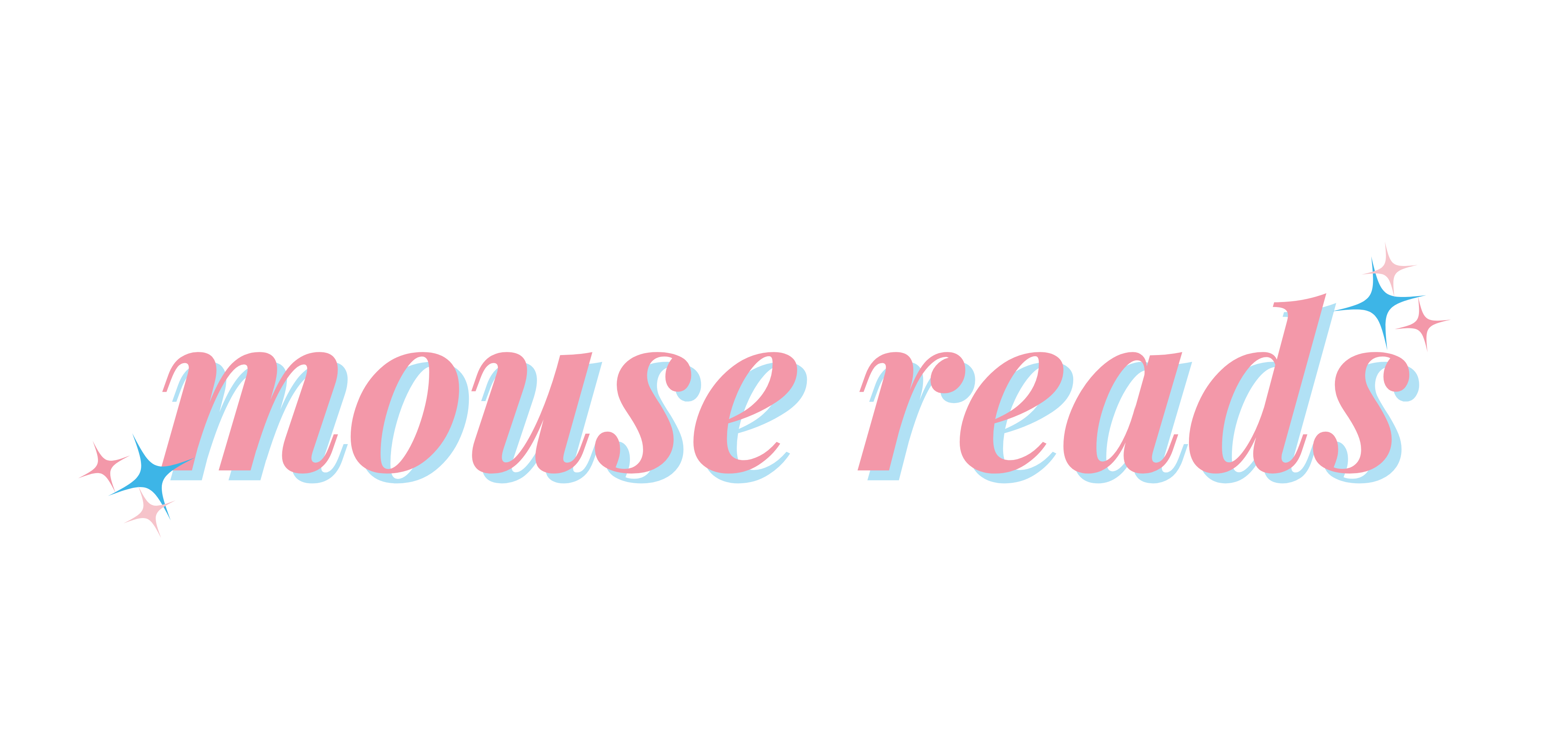Practically Pagan – An Alternative Guide to Magical Living
Practically Pagan – An Alternative Guide to Magical Living by Maria DeBlassie is a self-care book. DeBlassie outlines the way in which self-care can be magical.
From Goodreads:
This guide is full proverbial spells, daily conjurings, and mystical insights designed to help those in search of a little more magic in their day to day life, no complicated spells, expensive accessories, or experience required. That’s the thing about everyday magic: it’s always within reach, within the self, and in the world. Only not in the way readers might normally think. It’s a less mumbling ‘double double toil and trouble’ over a cauldron and trouble and a more cooking a delicious soup in a beloved cast iron pot. And It’s simple. It’s mundane. It’s magic! This book offers grounded mystical practices, including how to turn routines into healing rituals, to teach readers how to connect to themselves, the Universe, and the magic of everyday life. Journey into the realm of pleasure magic, radical self-care, synchronicity, and the profound joy of living a life beyond the expected with this alternative guide to daily mystic practices. After all, true magic is in the everyday.
All quotes are from an advanced reader copy and may or may not reflect the published edition.
“Self care is also about not being too hard yourself when you overindulge or skip exercise one too many times.”
I went into this book with the expectation that it would be practical routines and ideas for everyday magic, as the blurb stated. However, what I got was a collection of the author’s blog posts about self-care. It feels as though it fell into any other mindfulness practice-based book or blog, and very minimally about magical practice. I can recognize where there is magic in the mundane and self-care. This has already been heavily a part of my own practice. I expected there to be something new and refreshing here, but I didn’t find any of it.
“When we forget to nourish every day magic through self care, we forget to live.”
There was also a heavy focus on the “woman who does x” or “the divine feminine” and so on. Personally, I don’t identify as a woman. I don’t identify within the gender binary. Which makes these statements feel as though they are not applicable to me- even with the afterthought that was often added to these statements. There was also a focus on the deity Eros, and Greek deities. I don’t work with this group, which also felt like it was not applicable to me. I’ve read plenty of magical books that I couldn’t relate to. However, this one didn’t bring anything new to the table.
“No is a two-letter spell for happiness.”
Unfortunately, I feel as though you could glean the same information from this author’s blog for free. This book feels as though it is copied and pasted from there. This is especially considered with the constant repetition that felt as though the author forgot she already used that blog post.
“I deserve to be surrounded by things that make me happy.”
Thank you to Netgalley and the publisher for giving me a copy of this book in exchange for an honest review.
Read more reviews here.







Leave a Comment